Home>Articles>How Long Does Frozen Vegetables Last In The Freezer
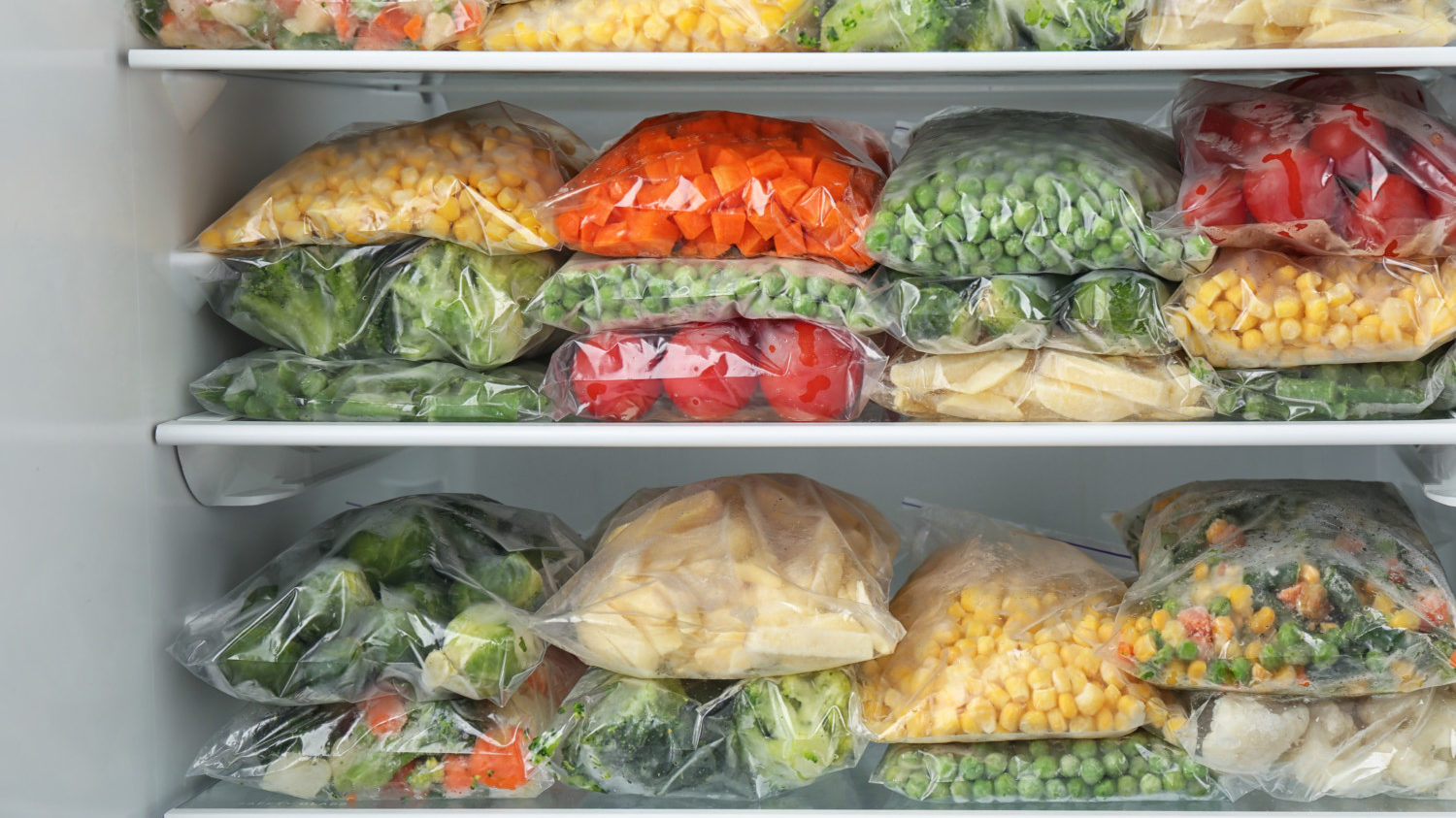

Articles
How Long Does Frozen Vegetables Last In The Freezer
Modified: May 6, 2024
Discover how long frozen vegetables can last in your freezer and learn helpful tips for preserving their freshness in this informative article.
(Many of the links in this article redirect to a specific reviewed product. Your purchase of these products through affiliate links helps to generate commission for Storables.com, at no extra cost. Learn more)
Introduction
When it comes to preserving the freshness and nutritional value of vegetables, freezing is an excellent method. It allows you to enjoy your favorite produce all year round, even when they are out of season. Frozen vegetables are a convenient and cost-effective way to include a variety of nutrients in your diet, but it’s important to understand how long they last in the freezer and how to properly use them.
In this article, we will explore the benefits of freezing vegetables, factors that can affect their shelf life, recommended storage times, signs of spoilage, tips for freezing vegetables properly, how to defrost them, and cooking methods for frozen vegetables. Whether you purchase frozen vegetables from the store or freeze your own homegrown produce, this guide will help you make the most out of your frozen vegetables.
Key Takeaways:
- Freezing vegetables extends shelf life, retains nutrients, and offers year-round availability. Proper storage, defrosting, and cooking techniques ensure flavorful and nutritious meals.
- Understanding factors affecting frozen vegetable shelf life and signs of spoilage is crucial for maximizing quality and enjoying the benefits of fresh produce year-round.
Benefits of Freezing Vegetables
Freezing vegetables offers numerous benefits both in terms of convenience and nutrition. Here are some of the key advantages:
- Extended Shelf Life: Freezing vegetables significantly extends their shelf life compared to fresh produce. By freezing vegetables at their peak ripeness, you can preserve their nutrients and flavors for several months.
- Nutritional Value: Freezing is a great way to retain the nutritional value of vegetables. Many vegetables are frozen shortly after harvesting, which helps to lock in their vitamins, minerals, and antioxidants.
- Year-Round Availability: Frozen vegetables ensure you have access to a wide variety of produce no matter the season. You can enjoy your favorite vegetables even when they are out of season, reducing your reliance on imported or out-of-season produce.
- Convenience: Frozen vegetables offer convenience and flexibility. They are pre-cut, pre-washed, and ready to use, making meal preparation faster and easier. Plus, you can use only the desired amount and return the rest to the freezer.
- Budget-Friendly: Buying frozen vegetables can be more cost-effective than buying fresh produce, especially when certain vegetables are out of season. Frozen vegetables also reduce food waste since they have a longer shelf life.
- Less Food Waste: Freezing vegetables helps to reduce food waste. By freezing excess or surplus vegetables, you can avoid spoilage and make the most of your garden harvest or grocery store purchases.
Overall, freezing vegetables allows you to enjoy the benefits of fresh produce regardless of the time of year. It preserves their nutritional value, extends their shelf life, and offers convenience, making it a valuable technique for any home cook or food enthusiast.
Factors Affecting the Shelf Life of Frozen Vegetables
The shelf life of frozen vegetables can vary depending on several factors. Understanding these factors will help you maximize the quality and longevity of your frozen veggies. Here are the key elements that can affect the shelf life of frozen vegetables:
- Quality of the Vegetables: The quality of the vegetables before freezing plays a crucial role in determining their shelf life. Fresh, high-quality vegetables will freeze better and maintain their flavor and texture for a longer period.
- Freezing Method: The freezing method used can impact the texture and overall quality of the vegetables. Quick freezing, such as using a blast freezer or liquid nitrogen, tends to yield better results as it helps preserve the integrity of the vegetables.
- Storage Temperature: The temperature at which the frozen vegetables are stored is critical. Keeping them at a steady temperature of 0°F (-18°C) or below will help maintain their quality and prevent bacterial growth. Fluctuations in temperature can lead to freezer burn and affect the taste and texture of the vegetables.
- Packaging: Proper packaging is essential for preserving the quality of frozen vegetables. Airtight containers, freezer bags, or vacuum-sealed packaging can prevent moisture loss and protect the vegetables from freezer burn. Make sure to remove all excess air before sealing the packaging to maintain optimal conditions.
- Storage Time: The length of time the frozen vegetables are stored can impact their quality. While frozen vegetables can technically be safe to eat indefinitely if stored properly, their quality may begin to deteriorate after a certain period. It is generally recommended to consume frozen vegetables within 8 to 12 months for the best flavor and texture.
By considering these factors and taking the necessary precautions, you can maximize the shelf life of your frozen vegetables. This will ensure that they retain their nutritional value and remain enjoyable to eat for an extended period.
Recommended Storage Time for Frozen Vegetables
While frozen vegetables can technically be stored indefinitely if kept at the correct temperature, it is recommended to consume them within a certain timeframe to maintain their quality. Here are some general guidelines for the recommended storage time of frozen vegetables:
- Leafy greens: Leafy greens like spinach, kale, and lettuce are best used within 8 to 12 months.
- Root vegetables: Root vegetables such as carrots, beets, and potatoes can be stored for 10 to 12 months without significant loss of quality.
- Cruciferous vegetables: Cruciferous vegetables like broccoli, cauliflower, and Brussels sprouts are typically best within 8 to 12 months.
- Peas and beans: Peas and beans have a recommended storage time of around 8 to 12 months.
- Corn: Corn can be stored for 8 to 12 months, but for the best flavor, it is recommended to consume it within 6 to 8 months.
- Mixed vegetables: Mixed vegetable blends, which combine various vegetables, are generally best used within 8 to 12 months.
It is important to note that these recommended storage times are guidelines, and the quality of the frozen vegetables can vary depending on factors such as the quality of the vegetables before freezing, the storage temperature, and the packaging. Always inspect the frozen vegetables for any signs of freezer burn, off flavors, or texture changes before consuming them.
To ensure the best quality, it is recommended to label your frozen vegetables with the date of freezing so you can keep track of their storage time. Use the oldest packages first to make sure you are consuming the vegetables within their recommended storage time.
By following these guidelines and practicing proper storage techniques, you can enjoy flavorful and nutritious frozen vegetables for an extended period.
Signs of Frozen Vegetable Spoilage
While frozen vegetables generally have a long shelf life if stored properly, it’s important to be aware of the signs of spoilage. Here are some common signs to look out for:
- Freezer burn: Freezer burn occurs when air comes into contact with the surface of the frozen vegetables, causing dehydration. Look for whitish or grayish discoloration, dry and shriveled patches, and a changes in texture. Freezer-burnt vegetables may also have a dull or off taste.
- Ice crystal formation: Excessive ice crystal formation within the packaging can indicate improper storage or repeated thawing and refreezing. If the vegetables appear to have large ice crystals or are stuck together in a solid block, it’s best to discard them.
- Off odors: Trust your sense of smell. If the frozen vegetables emit a strong, unpleasant odor or have an off smell, it’s a clear indication of spoilage. Fresh frozen vegetables should not have any strong or foul odors.
- Color changes: While slight color changes are normal as frozen vegetables age, significant changes in color, such as darkened or faded vegetables, can indicate loss of quality and nutrient degradation.
- Mold or signs of microbial growth: If you notice any mold growth or signs of microbial contamination, such as sliminess or unusual fuzziness, it is best to discard the frozen vegetables to avoid any potential health risks.
- Texture changes: Textural changes, such as mushiness or excessive softening, can indicate spoilage. If the vegetables have become overly soft or have a slimy consistency, it’s best to err on the side of caution and discard them.
Keep in mind that the presence of any of these signs does not necessarily mean the frozen vegetables are unsafe to consume, but they may have lost their flavor and nutritional value. If in doubt, it is always best to discard any frozen vegetables that show signs of spoilage.
Proper storage and handling techniques, such as using airtight packaging, maintaining a steady freezer temperature, and consuming the frozen vegetables within their recommended storage time, will minimize the risk of spoilage and help maintain the quality of your frozen vegetables.
To maximize the shelf life of frozen vegetables, store them in airtight containers or freezer bags to prevent freezer burn. Properly stored, they can last up to 8-10 months in the freezer.
Tips for Properly Freezing Vegetables
Properly freezing vegetables is essential to preserve their quality and nutritional value. Here are some tips to help you freeze vegetables the right way:
- Choose fresh, high-quality vegetables: Select fresh vegetables at their peak ripeness. Avoid using vegetables that are overripe or damaged, as they may not freeze well.
- Wash and prepare the vegetables: Wash the vegetables thoroughly to remove any dirt or debris. Cut them into the desired size or shape for your recipes. Some vegetables may require blanching (briefly boiling or steaming) before freezing to preserve their color, texture, and flavor. Refer to specific blanching guidelines for each vegetable.
- Package the vegetables appropriately: Use airtight containers, freezer bags, or vacuum-sealed packaging to prevent moisture loss and protect the vegetables from freezer burn. Remove excess air from the packaging to maintain optimal conditions.
- Label and date the packages: Label each package with the contents and the date of freezing. This will help you keep track of their storage time and use the oldest packages first.
- Freeze quickly: For the best results, freeze the vegetables as soon as possible after preparation. Quick freezing helps to retain the flavor, texture, and nutritional content of the vegetables. Spread the vegetables in a single layer on a baking sheet before transferring them to the freezer to ensure they freeze evenly and prevent clumping.
- Organize your freezer: Keep your frozen vegetables in a designated section of your freezer to prevent cross-contamination. Arrange them in a way that makes it easy to access and use them in the future.
- Follow recommended storage times: Pay attention to the recommended storage times for each type of vegetable. While frozen vegetables can technically be stored indefinitely, their quality may start to deteriorate after a certain period. Use and consume them within the recommended timeframe for the best flavor and texture.
By following these tips, you can ensure that your frozen vegetables retain their freshness, flavor, and nutritional value. Properly frozen vegetables will be a valuable addition to your meals and allow you to enjoy the benefits of fresh produce throughout the year.
How to Defrost Frozen Vegetables
Properly defrosting frozen vegetables is an important step to preserve their texture and flavor. Here are some recommended methods for defrosting frozen vegetables:
- Refrigerator method: The refrigerator method is the safest and slowest way to defrost frozen vegetables. Simply transfer the frozen vegetables from the freezer to the refrigerator and allow them to thaw overnight or for several hours. This gradual thawing process helps maintain the quality and texture of the vegetables. Once thawed, use the vegetables within a day or two.
- Cold water method: If you need to defrost frozen vegetables quickly, the cold water method is a reliable option. Place the vegetables in a leak-proof plastic bag and submerge the bag in cold water. Change the water every 30 minutes to speed up the process. Make sure to use cold water to prevent the vegetables from starting to cook. Once thawed, use the vegetables immediately.
- Microwave method: The microwave method is a quick option for defrosting frozen vegetables, but it requires caution to avoid cooking the vegetables partially. Place the frozen vegetables in a microwave-safe dish and microwave them using the defrost setting or a low power level. Stir the vegetables every couple of minutes to ensure even defrosting. Use the vegetables immediately after defrosting.
Regardless of the method you choose, it’s important to avoid refreezing thawed vegetables. Once they have been fully defrosted, it’s best to use them promptly to maintain their quality.
After defrosting, you can use the vegetables in a variety of ways. They can be added to soups, stews, stir-fries, or used as a side dish. However, it’s important to note that the texture of defrosted vegetables may be slightly softer than fresh vegetables. Adjust your cooking time accordingly to ensure they are not overcooked.
Remember to always follow proper food safety practices when handling and storing thawed vegetables. Discard any vegetables with signs of spoilage, such as an off odor, unusual texture, or discoloration.
By defrosting frozen vegetables correctly, you can enjoy their natural flavors and textures while incorporating them into your favorite recipes.
Cooking with Frozen Vegetables
Frozen vegetables are incredibly versatile and can be used in a wide range of dishes. Here are some tips and ideas for cooking with frozen vegetables:
- Stir-fries: Frozen vegetables are perfect for adding a burst of color and nutrients to stir-fries. Their quick cooking time makes them convenient for busy weeknight meals. Add them to your favorite stir-fry sauce and cook until they are tender-crisp.
- Soups and stews: Frozen vegetables are a convenient addition to soups and stews. Whether you’re making a vegetable soup or a hearty stew, you can simply toss in your desired frozen vegetables and let them cook until they are tender. They help to add flavor, texture, and nutrients to your dish.
- Casseroles: Frozen vegetables work well in casseroles, adding color and nutrients to the dish. Layer them with other ingredients such as rice, pasta, meat, or cheese for a satisfying one-dish meal.
- Pasta dishes: Frozen vegetables can be added to pasta dishes, such as spaghetti or fettuccine, for added texture and nutrition. Simply toss them in during the last few minutes of cooking and let them heat through.
- Roasting: While fresh vegetables are often recommended for roasting, you can also achieve delicious results with frozen vegetables. Spread them on a baking sheet, drizzle with oil, and season with herbs and spices. Roast them in a preheated oven until they are slightly caramelized and tender.
- Side dishes: Frozen vegetables can be a simple and nutritious side dish. Steam them or sauté them with a bit of butter or olive oil. Add some herbs or spices for extra flavor.
When cooking with frozen vegetables, it’s important to note that they may release some water during the cooking process. To prevent your dishes from becoming too watery, you can thaw the vegetables and drain off any excess moisture before using them. Alternatively, you can adjust cooking times or heat to account for the extra moisture.
Experiment with different combinations of vegetables to create flavorful and nutritious meals. You can also mix and match frozen vegetables with fresh ones to add variety to your dishes.
Remember to check the cooking times on the packaging as a guideline, but also monitor the vegetables as they cook to achieve your desired level of tenderness. Overcooking can lead to mushy vegetables, so be mindful of the cooking time.
By incorporating frozen vegetables into your cooking, you can enjoy the convenience, nutrition, and versatility they offer all year round.
Frequently Asked Questions (FAQs)
Here are some commonly asked questions about freezing and using vegetables:
- Can you freeze all types of vegetables?
While many types of vegetables can be successfully frozen, there are some varieties that do not freeze well due to their high water content or delicate texture. Examples include lettuce, cucumber, and radishes. It’s best to research specific vegetables to determine if they are suitable for freezing. - Can you freeze cooked vegetables?
Yes, you can freeze cooked vegetables. However, their texture may change slightly upon freezing and subsequent thawing. It’s best to slightly undercook vegetables that you plan to freeze, as they will continue to cook slightly during the reheating process. - Is it necessary to blanch vegetables before freezing?
Blanching is a recommended step for most vegetables before freezing. It helps to preserve color, texture, and nutrient content. Blanching involves briefly boiling or steaming vegetables and then immediately cooling them in ice water to halt the cooking process. However, some vegetables, like peppers or onions, can be frozen without blanching. - Can you refreeze vegetables after they have been thawed?
It is generally not recommended to refreeze vegetables that have been thawed. When vegetables thaw, moisture is released, which can encourage the growth of bacteria. To maintain food safety, it’s best to only thaw the amount you plan to use and consume it promptly. - Can you freeze vegetables that have been previously cooked?
Yes, you can freeze vegetables that have been cooked. Allow them to cool completely before packaging them for freezing. Cooked vegetables can be portioned into freezer-safe containers or bags and frozen for later use. - What is freezer burn?
Freezer burn occurs when frozen food is exposed to air, causing dehydration and making the food appear discolored and dry. It can affect the taste and texture of the food. Proper packaging, such as using airtight containers or bags, can help prevent freezer burn. - Can you freeze vegetables from a can or jar?
It’s not necessary to freeze vegetables that are already preserved in cans or jars. The canning or jarring process effectively preserves the vegetables for an extended period. However, if you have opened a can or jar of vegetables and have leftovers, you can transfer them to a freezer-safe container for freezing.
If you have any specific questions about freezing or using vegetables, it’s always a good idea to consult reputable sources or food safety guidelines for more detailed information.
Read more: How Long Does Lasagna Last In The Freezer
Conclusion
Freezing vegetables is a convenient and effective way to preserve their freshness and nutritional value. By understanding the benefits of freezing, factors affecting shelf life, recommended storage times, signs of spoilage, and proper freezing techniques, you can make the most out of your frozen vegetables.
When properly frozen and stored, vegetables can retain their flavor, color, and nutrients for several months. Freezing provides year-round availability of your favorite vegetables, reduces food waste, and offers convenience in meal preparation.
Remember to follow recommended storage times, package the vegetables properly, and label them with the date of freezing for easy organization. When defrosting frozen vegetables, choose a method that suits your time constraints and requirements, and use the thawed vegetables promptly.
From stir-fries and soups to casseroles and side dishes, frozen vegetables can be used in a variety of dishes and recipes. They are a versatile ingredient that adds color, texture, and nutrition to your meals. Be mindful of cooking times and adjust them to prevent overcooking or mushiness.
While freezing is a fantastic preservation method, not all vegetables are suitable for freezing. Some may not freeze well due to their high water content or delicate texture. Additionally, proper blanching may be necessary for some vegetables to maintain their quality upon freezing.
By following these guidelines and making the most of your frozen vegetables, you can enjoy the benefits of fresh produce all year round. Whether you’re using store-bought frozen vegetables or freezing your own homegrown produce, the proper techniques and knowledge will ensure that you have a reliable source of nutritious and delicious vegetables at your fingertips.
Now that you've got the scoop on keeping frozen veggies fresh, why not step up your game by mastering vegetable preservation? Our upcoming article on the best vegetable storage solutions for 2024 offers smart, effective ways to keep your greens crisp and tasty longer. Whether you're a seasoned gardener or a kitchen novice, these top picks will surely spruce up your storage game, making every meal as fresh as possible. So, don't miss out—stay tuned for savvy storage tips that'll transform your kitchen into a haven of freshness!
Frequently Asked Questions about How Long Does Frozen Vegetables Last In The Freezer
Was this page helpful?
At Storables.com, we guarantee accurate and reliable information. Our content, validated by Expert Board Contributors, is crafted following stringent Editorial Policies. We're committed to providing you with well-researched, expert-backed insights for all your informational needs.
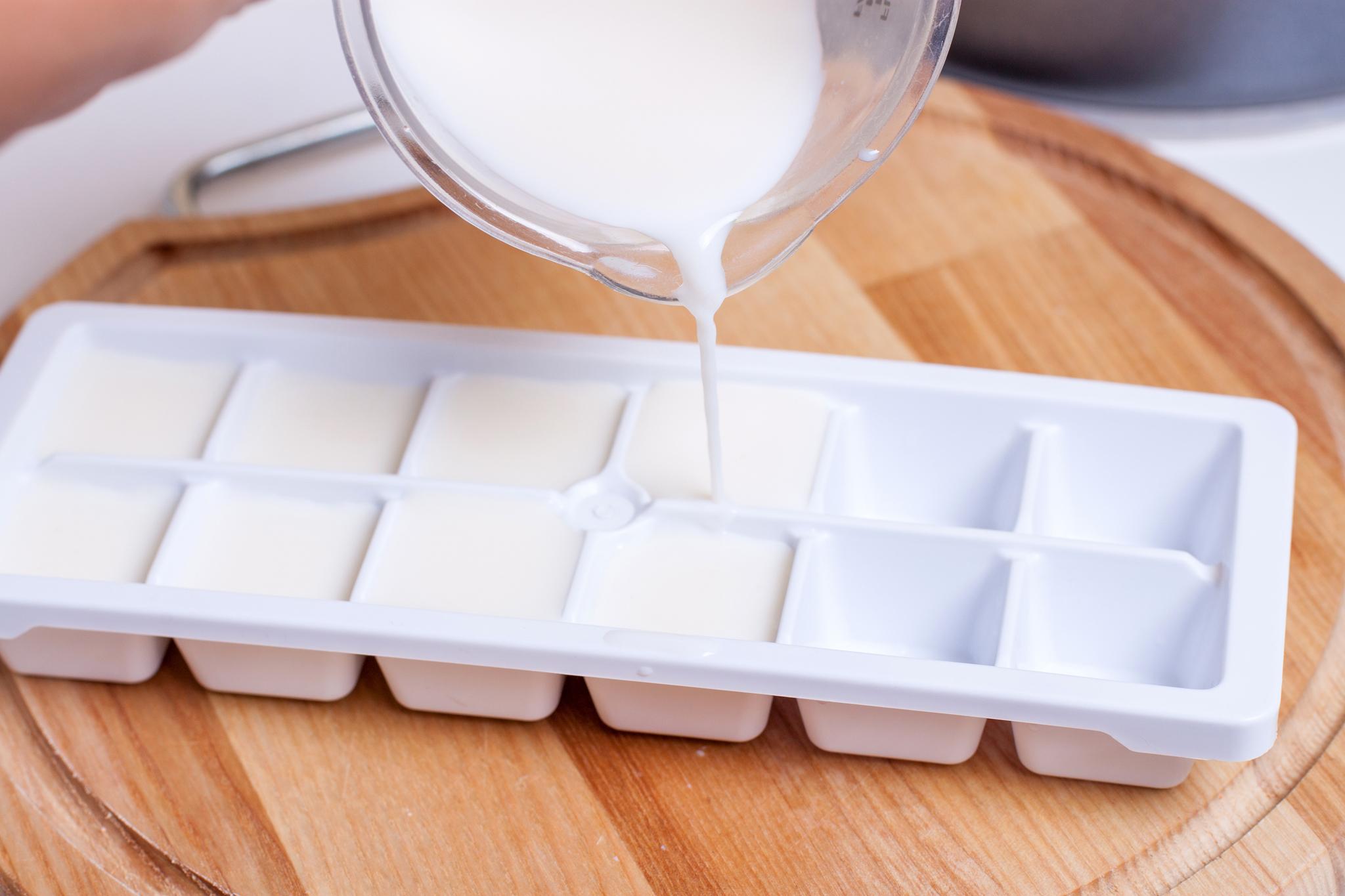
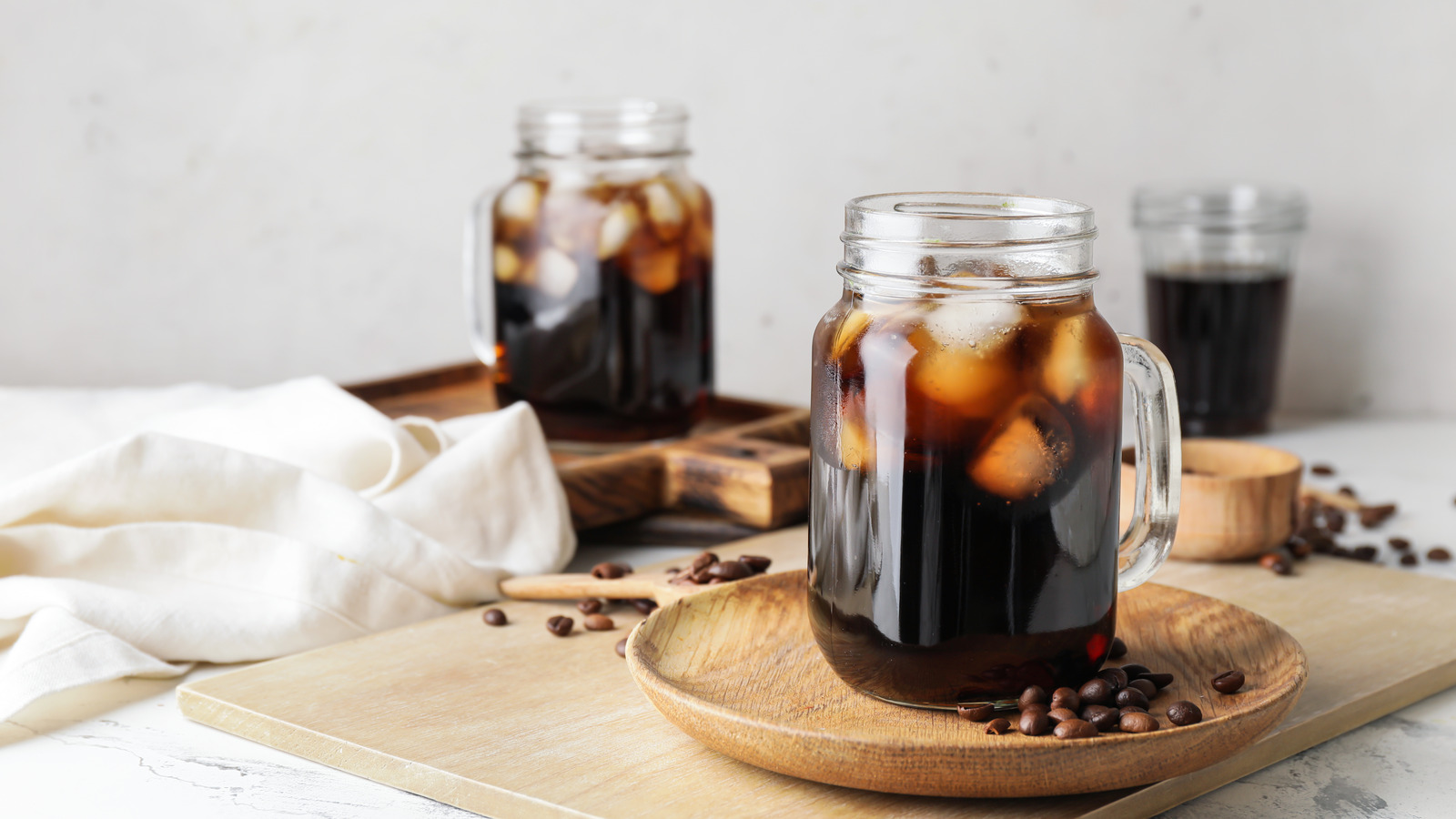
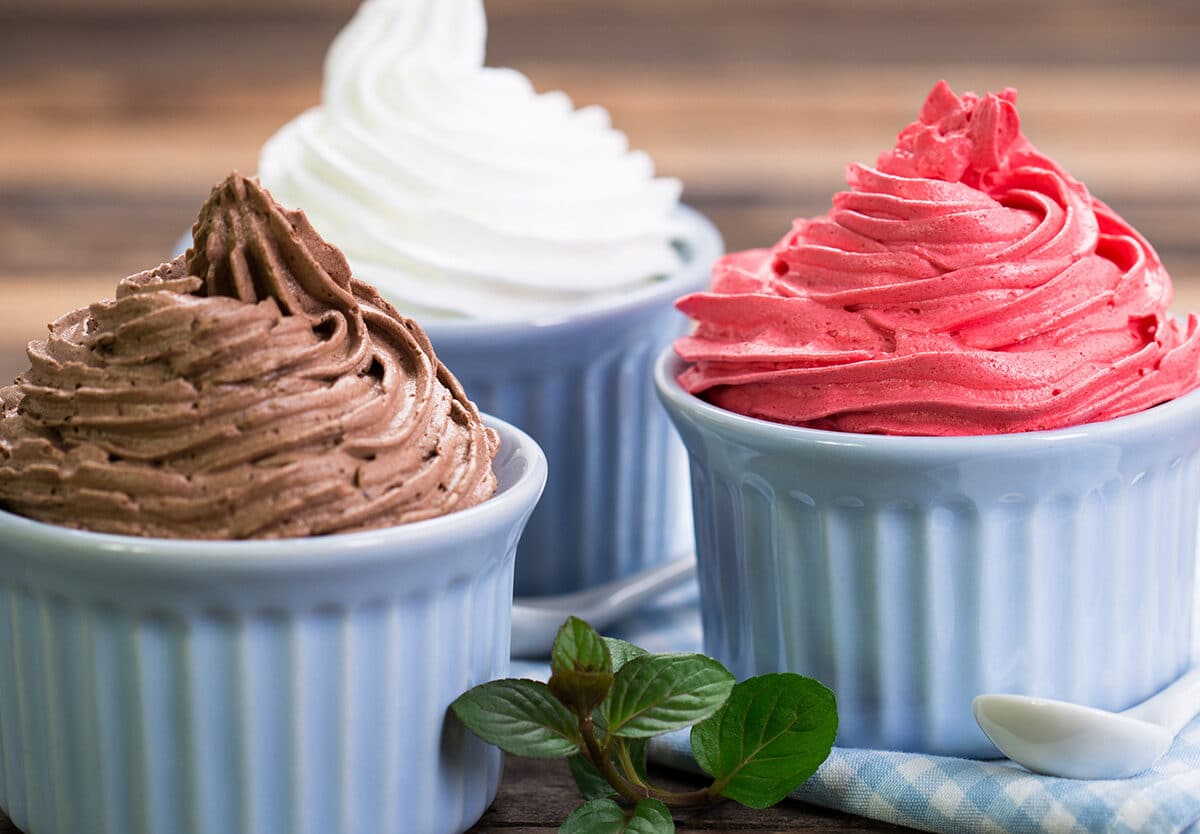
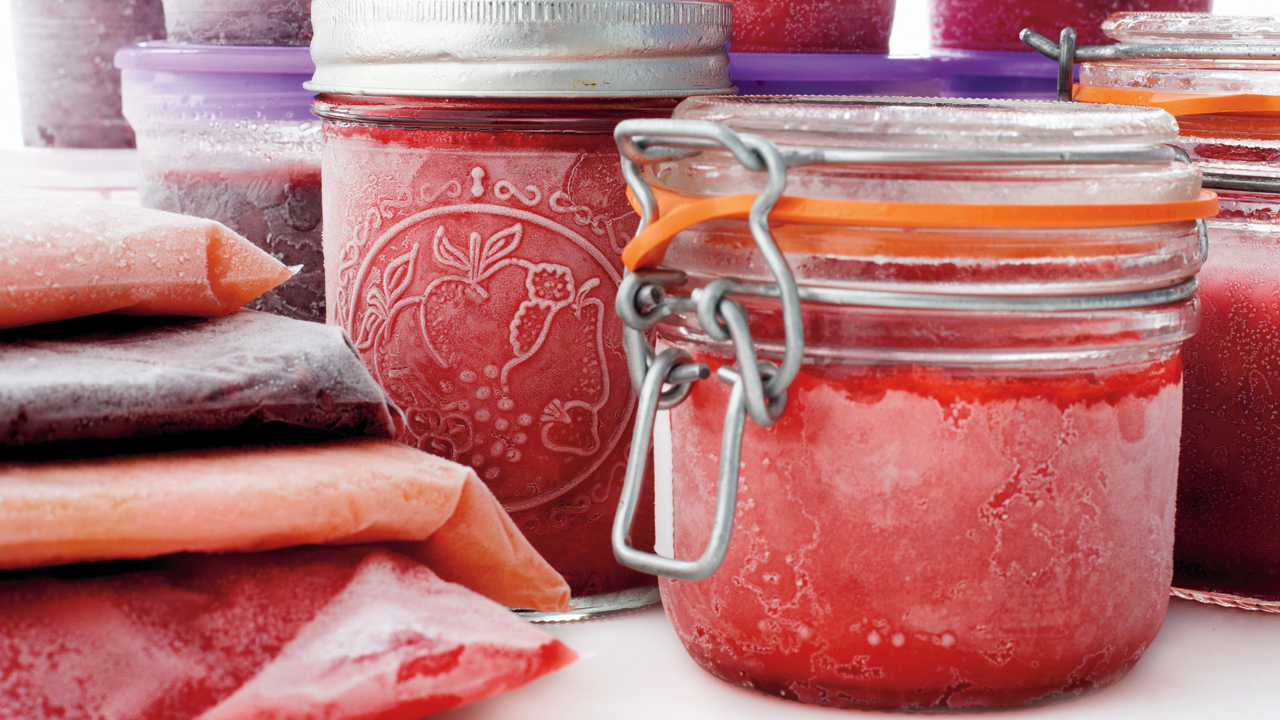
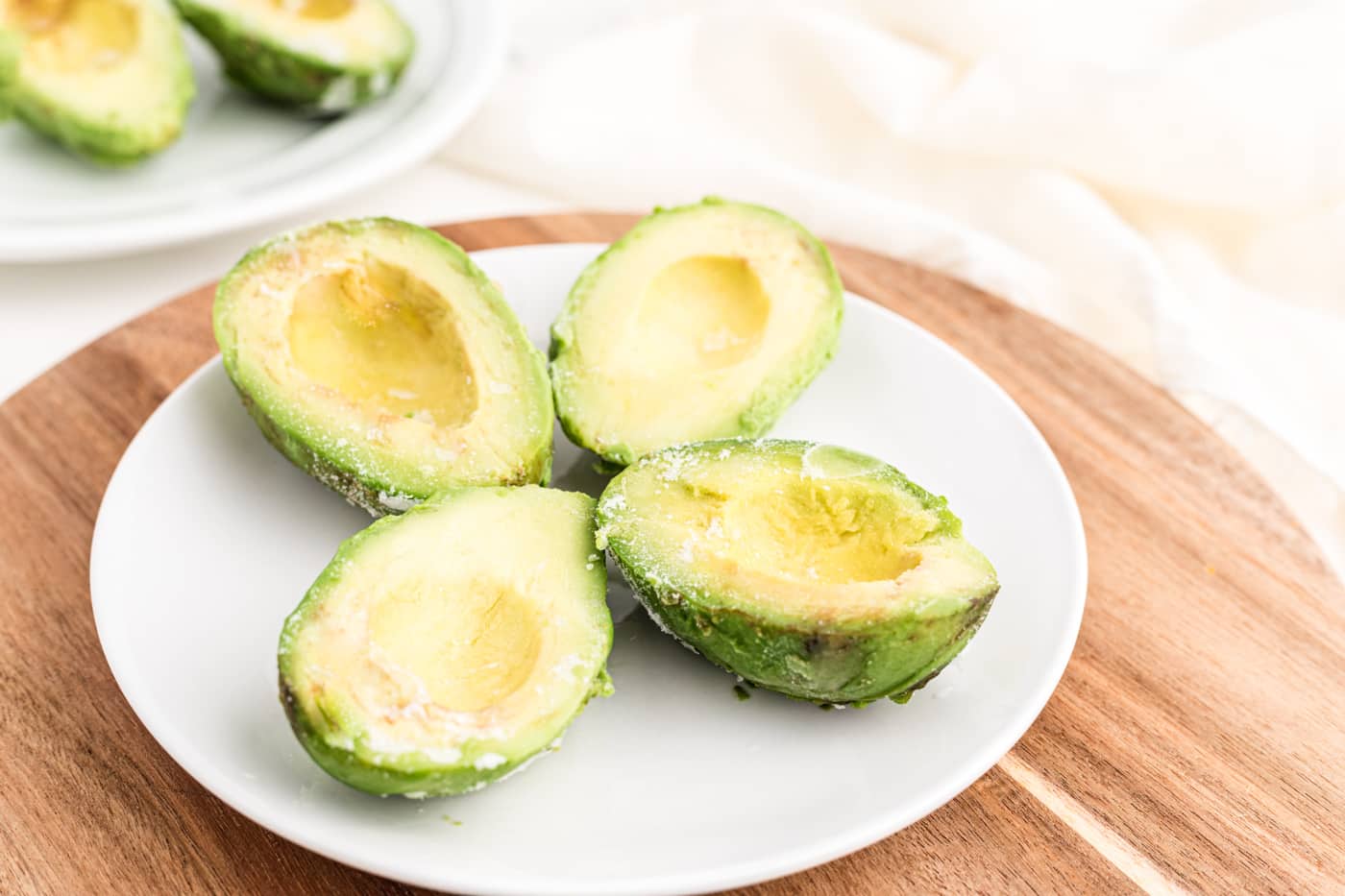
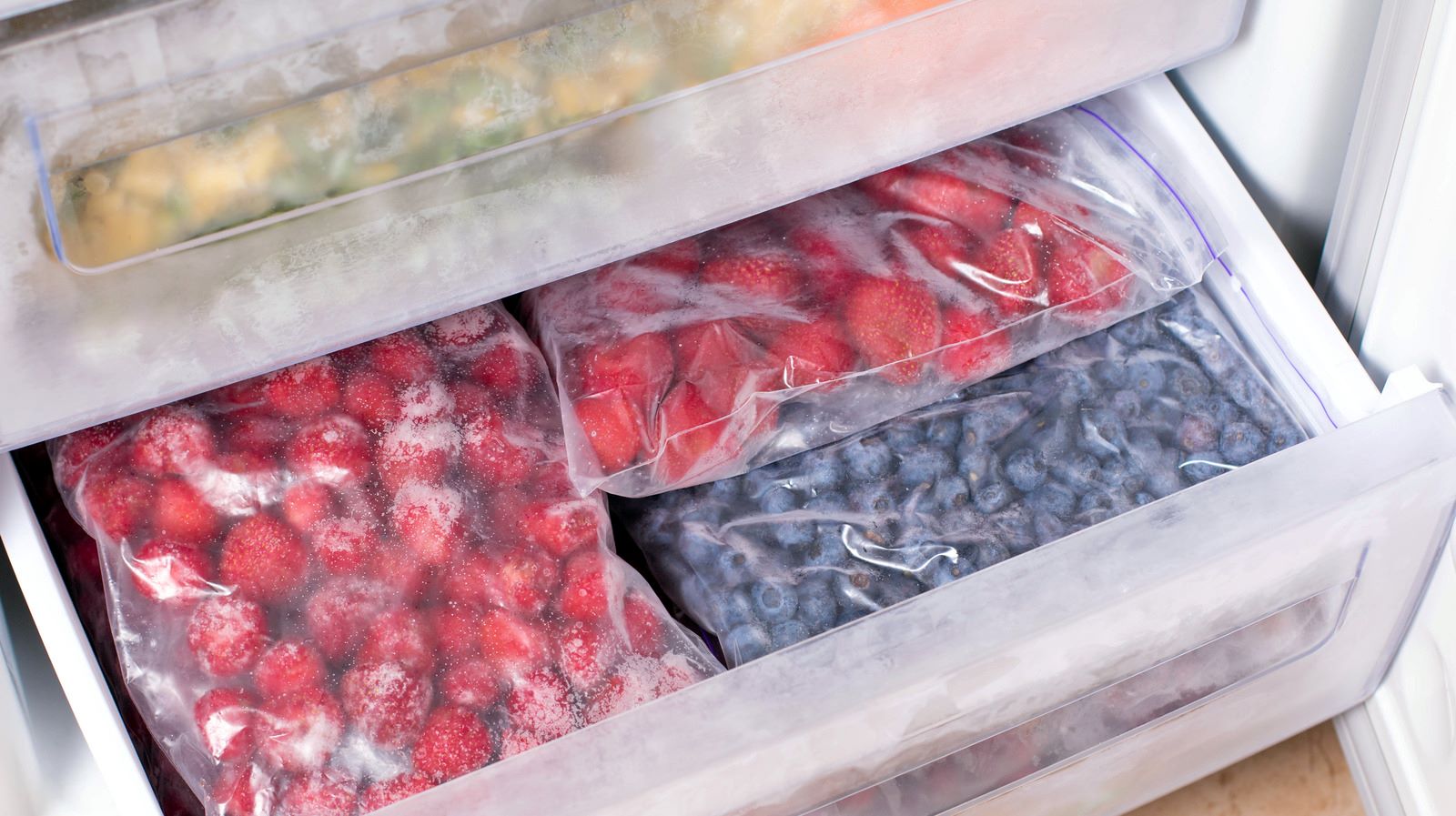
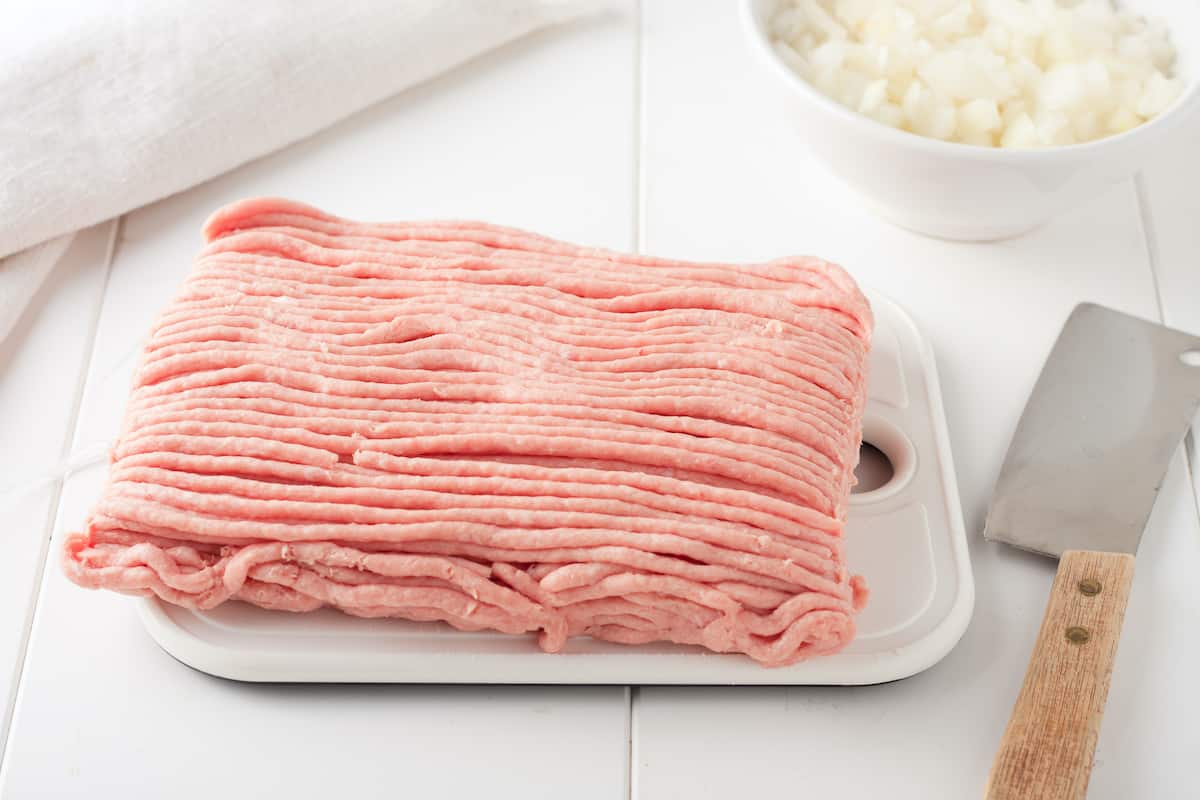

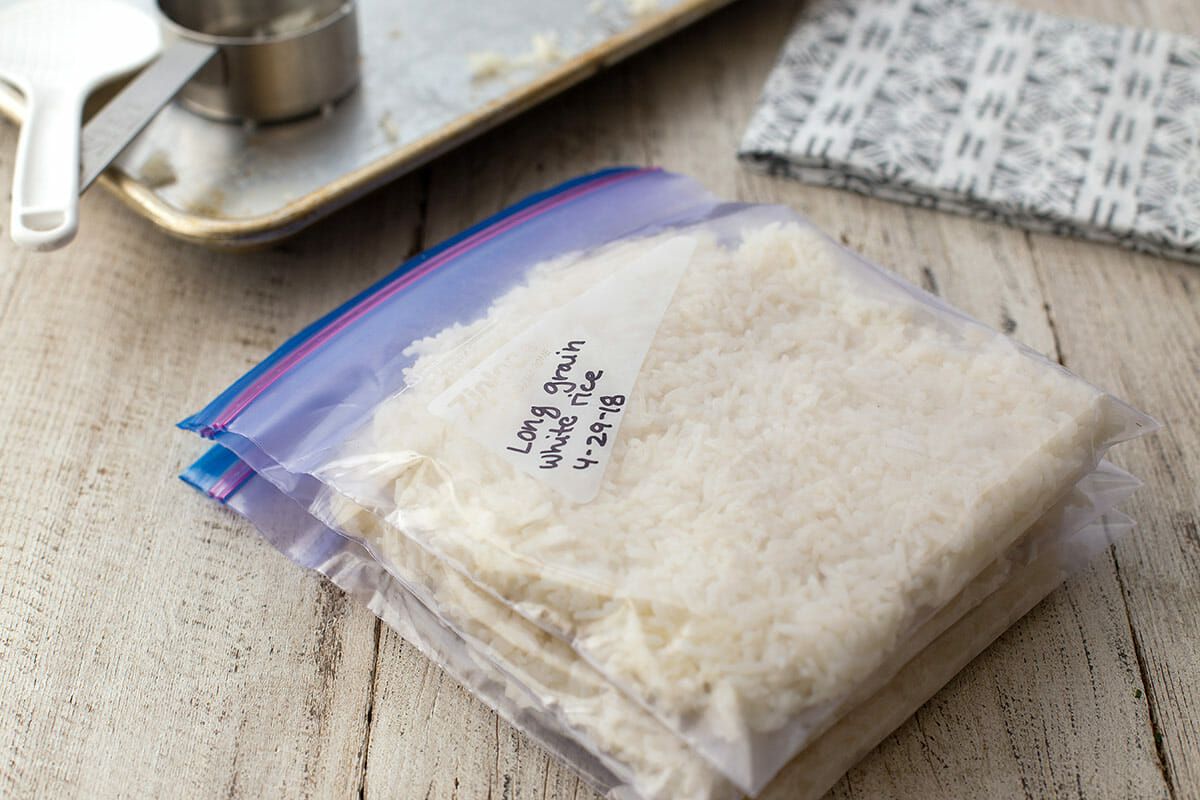
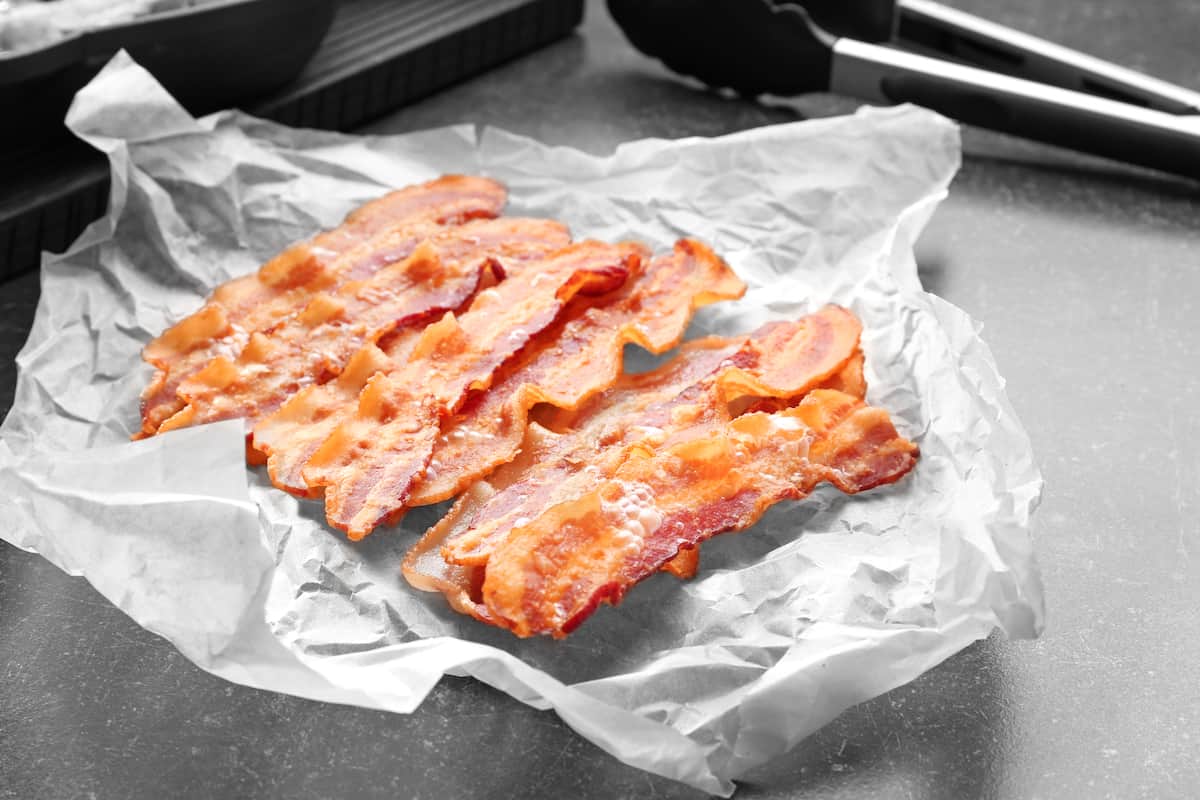

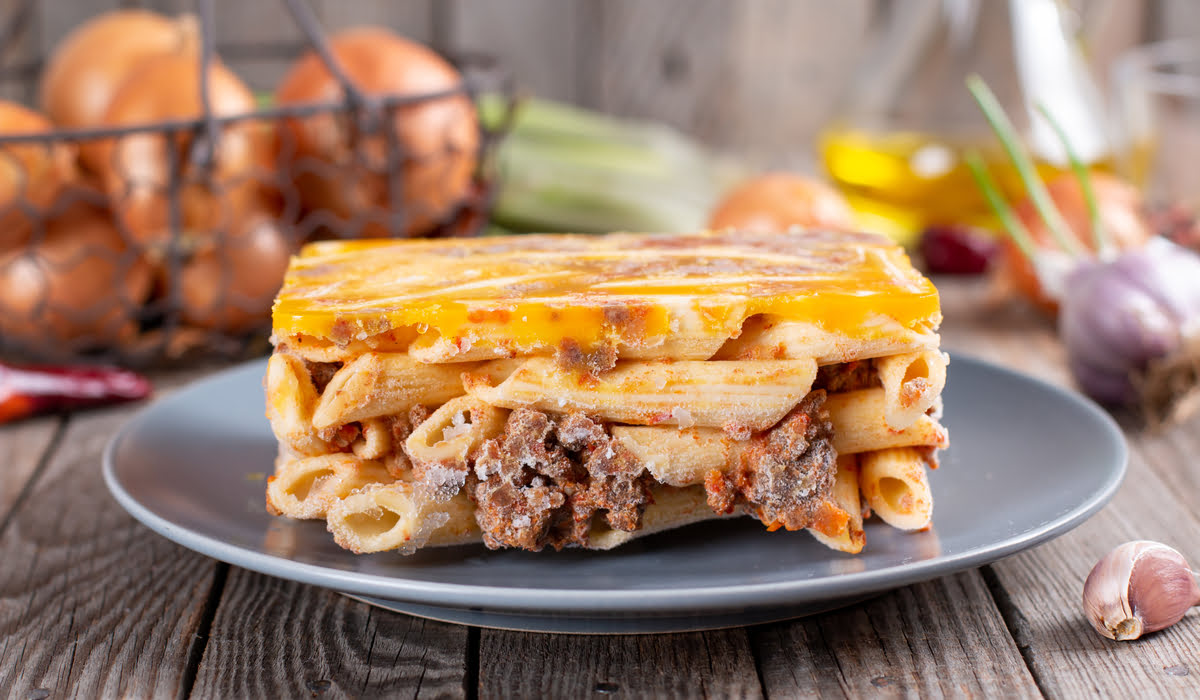


0 thoughts on “How Long Does Frozen Vegetables Last In The Freezer”